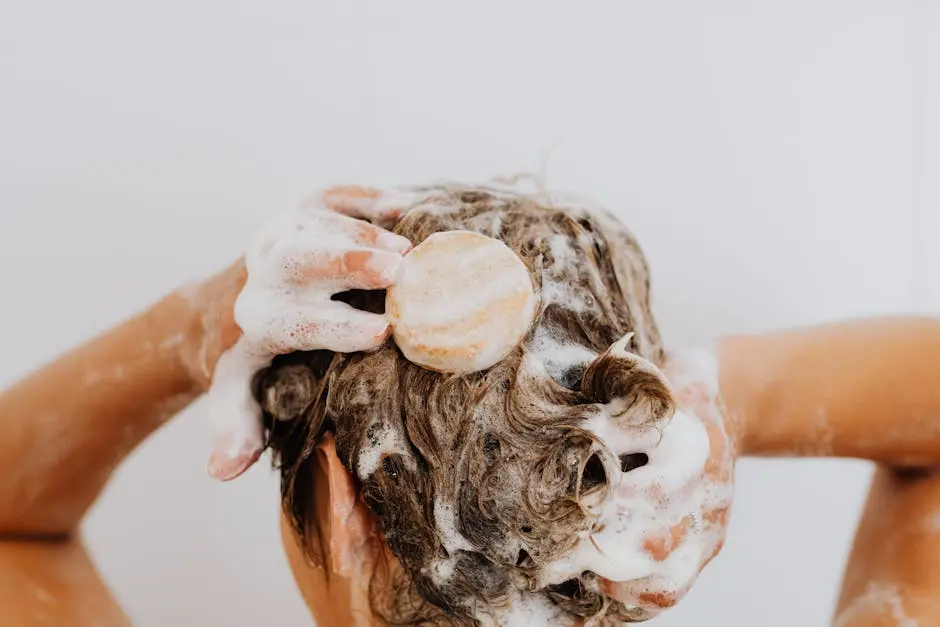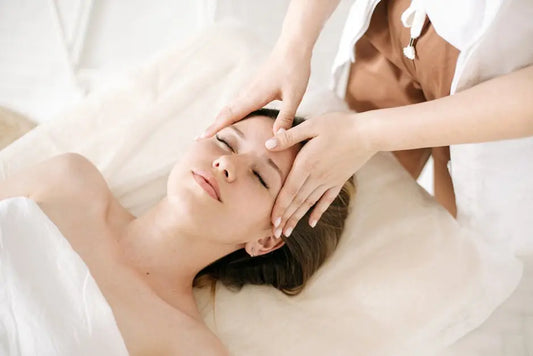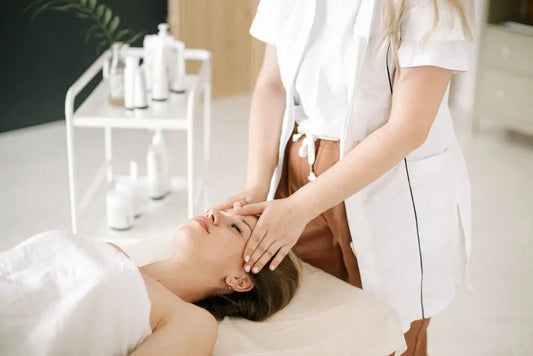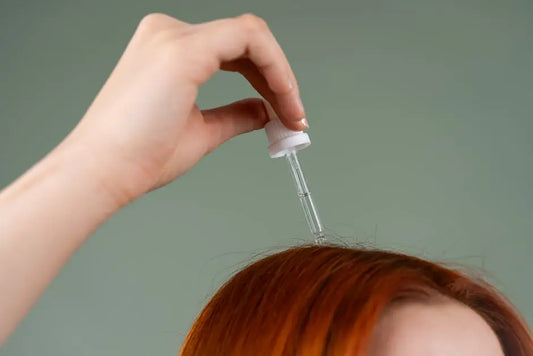Your scalp plays a crucial role in the health and beauty of your hair. Unfortunately, many people face scalp issues that can affect their confidence and comfort. Let’s explore some common scalp problems and discover effective solutions to maintain a healthy scalp.
1. Understanding Dandruff and Its Causes
Dandruff is one of the most common scalp issues affecting people of all ages. This pesky problem can often be linked to a variety of factors including dry weather conditions, an overgrowth of yeast on the skin, or even sensitivity to certain hair products. As Columbia Doctors notes, individuals affected by dandruff may notice flaking and itching as primary symptoms. While it’s a benign condition, dandruff can certainly dampen confidence due to the visible flakes it leaves behind, often noticeable on clothing and hair.
Addressing dandruff begins with identifying its root cause. Ensuring a regular hair washing routine with anti-dandruff shampoos can help keep flakes at bay. Ingredients like zinc pyrithione and ketoconazole are commonly used to combat this issue due to their antifungal properties. Additionally, incorporating therapeutic hair products into your regimen can further aid in maintaining a healthy scalp. These shampoos target underlying scalp imbalances, promoting a refreshed, cleaner feel.
2. Tackling Itchy Scalp
An itchy scalp can be both annoying and embarrassing. Often, this symptom may arise from common conditions like dandruff, dermatitis, or psoriasis. However, it’s imperative to determine the source to effectively quell the irritation. For many, the itch comes from dryness, which requires a different approach in care compared to an itchy scalp caused by infections or pests.
Natural remedies such as tea tree oil, known for its antimicrobial properties, can offer significant relief, aiming towards reducing inflammation and sensitivity. Meanwhile, hydration remains key. Ensuring that the scalp is moisturized helps in alleviating itchiness linked to dryness. Utilizing a nourishing shampoo could markedly improve scalp comfort, essentially calming itch-prone areas with soothing agents like aloe vera or chamomile.
3. Managing Scalp Acne
Acne isn’t just a skin issue; it can occur on the scalp too, often resulting in painful, sometimes pus-filled bumps. Such breakouts are frequently attributed to clogged pores caused by an excessive buildup of oil, dead skin, or hair care products. Those with oily hair types may be more prone to developing acne on the scalp.
Cleaning the hair regularly with a mild cleanser can significantly reduce the risk of future breakouts. Selecting non-comedogenic hair products or those free from heavy oils also contributes to maintaining a clear scalp. Columbia Doctors suggest that for persistent cases, consulting a dermatologist might be necessary to explore more targeted treatment options, like medicated topical solutions or prescribed ointments.
4. Solutions for Scalp Odor
Scalp odor can be unpleasant and embarrassing. This condition arises when contaminants such as pollution, sweat, or product residues accumulate and mix with natural scalp oils. This not only causes discomfort but might also lead to heightened stress or social anxiety in severe cases.
Implementing a regimen that includes frequent washing, exfoliating, and conditioning can alleviate this problem. Washing the scalp with an adequate nourishing shampoo is recommended to effectively cleanse impurities. Additionally, using products fortified with naturally odor-neutralizing ingredients, such as activated charcoal or apple cider vinegar, can leave the scalp feeling fresh and revitalized, thereby significantly reducing unwanted odors.
5. Recognizing Scalp Sunburn
Sunburn isn’t just for skin; it affects the scalp too. Those with thinning hair or a shaved head are especially vulnerable, as UV rays can cause significant damage to exposed skin. Recognizable symptoms of scalp sunburn include redness, tenderness, and possible peeling.
Prevention is pivotal, and wearing a wide-brimmed hat or using a scalp-specific sunscreen are effective preventive measures. For those who have already suffered from sunburn, applying aloe vera or a calming serum might offer relief. Cooling sprays or a gentle therapeutic scalp treatment can further aid in reducing inflammation and promoting healing.





